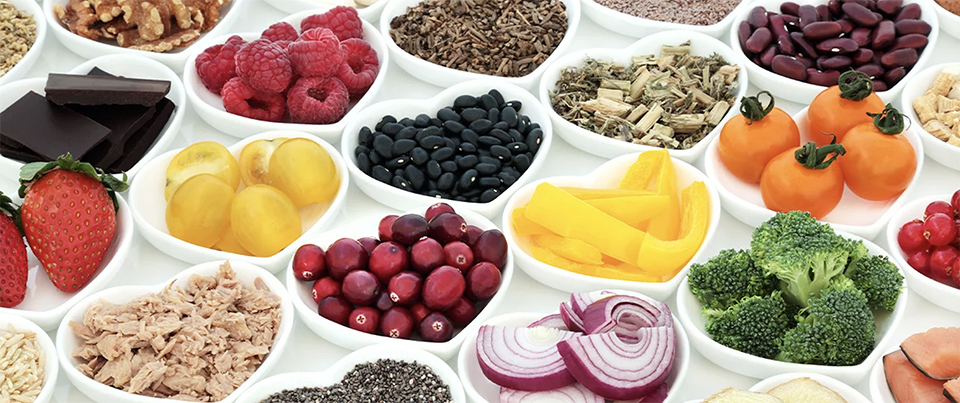The Power of Addition: Why Adding to Your Diet Is Key to Nutritional Success

CATEGORY: DIETETICS
The Power of Addition: Why Adding to Your Diet Is Key to Nutritional Success
Sarah Jukes, Accredited Practicing Dietitian
In the ever-evolving landscape of nutrition advice, the focus often tends to be on what we should eliminate from our diets. Whether it’s cutting out carbs, sugars, fats or alcohol, the idea of restriction has become a prevalent theme in popular diets. However, a more sustainable and holistic approach to nutrition suggests that adding to your diet can be just as, if not more, important than taking things away. In this blog post, we’ll explore the benefits of a positive, additive approach to nutrition and how incorporating a variety of nutrient-dense foods can enhance your overall well-being.
Balancing Macronutrients:
The term macronutrients refers to the main, energy providing components of the food we eat – namely carbohydrates, fats and protein. Rather than fixating on the removal of specific macronutrients, such as carbohydrates or fats, consider the importance of balance. Each macronutrient plays a crucial role in supporting various bodily functions. Instead of eliminating them, focus on incorporating a variety of whole foods that provide a balance of carbohydrates, fats, and proteins. This ensures that your body receives the diverse range of nutrients it needs for optimal functioning and promotes a sustainable approach to eating.
Micronutrient Diversity:
Micronutrients, including vitamins and minerals, are essential for achieving and maintaining good health. A diet rich in a variety of brightly coloured fruits and vegetables, wholegrains, and lean sources of protein ensures that you receive a broad spectrum of micronutrients. Different foods contain different combinations of these vital elements, and by adding a diverse array of foods to your diet, you can help prevent nutrient deficiencies, ensure optimal bodily functioning, and promote overall wellness.
Fibre-Rich Choices:
Fibre is often an overlooked but crucial component of a healthy diet. Instead of focusing solely on what to cut out, emphasize the inclusion of fibre-rich foods like fruits, vegetables, legumes, and wholegrains. Fibre not only aids in digestion but also contributes to a feeling of fullness, making it easier to maintain a healthy weight. It also supports a healthy gut microbiome which in turn supports immune function, reduces bodily inflammation (the driver of many chronic health conditions) and even positively influences your mood!
Mindful Eating:
Shifting the focus from restriction to addition promotes a more positive and mindful approach to eating. Rather than dwelling on what you can’t have, concentrate on adding colourful, nutrient-rich foods to your meals. This not only enhances the nutritional quality of your diet but also fosters a healthier relationship with food.
Sustainability:
Diets that involve deprivation are often difficult to sustain in the long term. By embracing an additive approach, you can create a sustainable and enjoyable way of eating. When you focus on adding nutrient-dense foods, you naturally crowd out less healthy options, making it easier to maintain a balanced and nourishing diet over time.
In summary, the power of addition in nutrition cannot be overstated. By incorporating a diverse range of nutrient-dense foods, you provide your body with the essential building blocks for optimal health and well-being. Rather than viewing nutrition as a list of restrictions, see it as an opportunity to explore the vast array of delicious and wholesome foods that can contribute to a healthier and more vibrant life. Remember, it’s not just about what you take away from your diet but also what you add to it that makes a lasting impact on your overall health.


Leave a Comments
You must be logged in to post a comment.